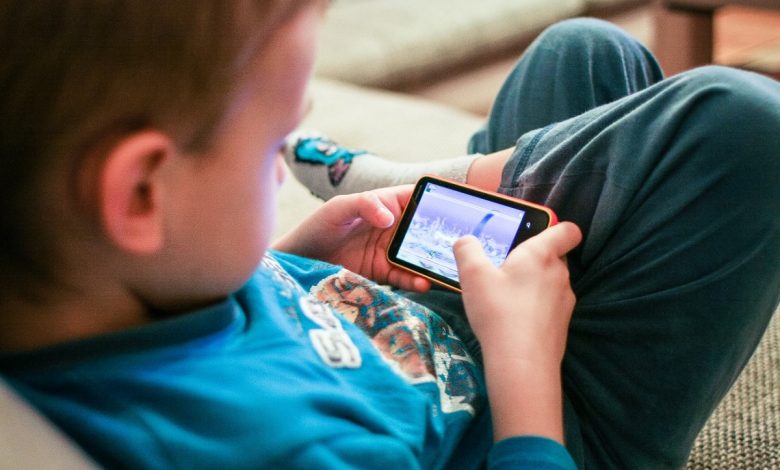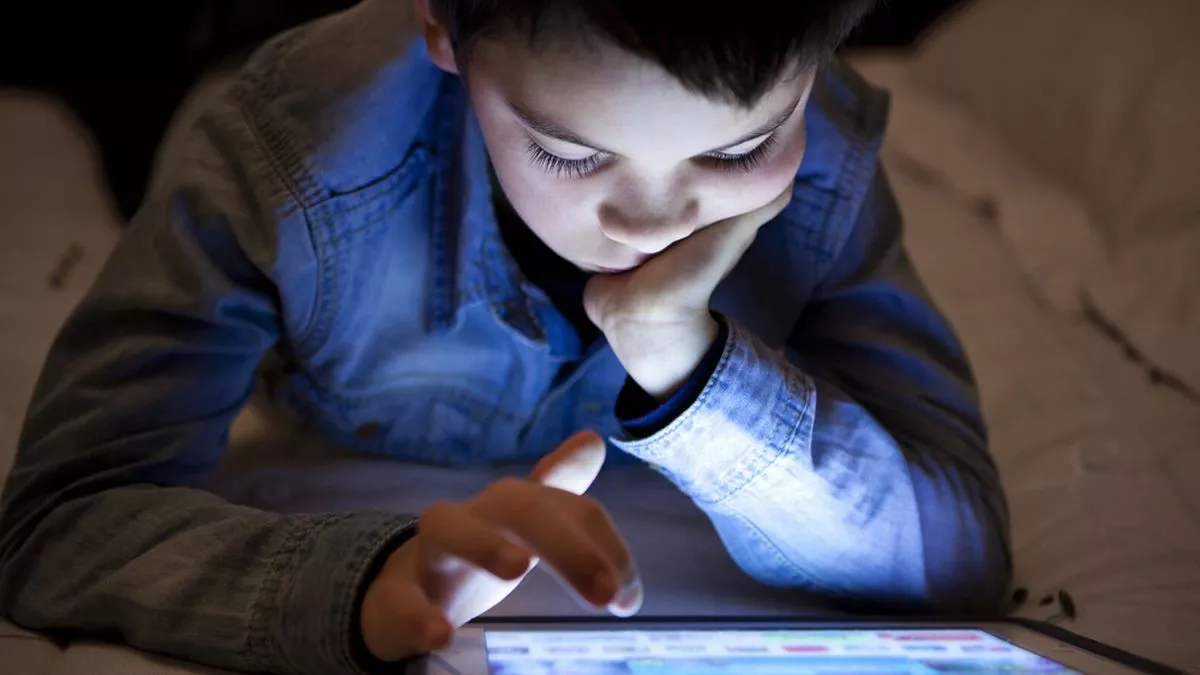New Research: Limiting Screen Time To Three Hours A Week Has Positive Effects On Children’s Behavior

Limiting Screen Time: Dr. Joshua Stein, a child and adolescent psychiatrist, told Fox News: “Evidence shows that children who use screens excessively or have access to social media at a young age are more likely to experience depression or anxiety.”
Dr. Jasper Schmidt Persson, a member of the University of Southern Denmark, leads a research project showing that reducing screen time for children and adolescents has positive effects on mental health and behavior.
According to Fox News, in this study, 89 families with a total of 181 children and adolescents participated and were randomly assigned to one of two groups.
Limiting Screen Time, The first group was required to put away smartphones and tablets for a two-week period and also limit the use of other screens such as televisions and computers to three hours or less per week, excluding work and school time. The control group had no such limitations. The average age of the children was between 4 and 17 years, with an average age of 8 to 9 years. At the end of the study period, families filled out the Strengths and Difficulties Questionnaire (SDQ), which assessed the children’s psychological symptoms.
According to the results, children with limited screen time showed better mental health, particularly in managing emotions and interacting with peers in helpful and considerate ways. They also exhibited fewer behavioral problems. These findings were published last month in the American journal JAMA Network Open.
Limiting Screen Time

Risks Of Screen Use
Limiting Screen Time, The U.S. Public Health Service in 2023 issued recommendations regarding youth use of social media, highlighting concerns about mental health. Dr. Joshua Stein mentioned to Fox News: “Evidence indicates that children who use screens excessively or have access to social media at a young age are more likely to experience depression or anxiety.”
He referenced a 2023 Gallup research study indicating that teenagers who spend more than five hours per day on social media are 60% more likely to have self-harming thoughts. Stein, who did not participate in the Danish study, added: “These children have 2.8 times more negative thoughts about their bodies and are 30% more likely to experience deep sadness.”
Appropriate Screen Time
Limiting Screen Time, The American Academy of Child and Adolescent Psychiatry recommends limiting screen time for children aged two and older to two hours per day. The Academy’s website advises avoiding screens for children under two years old and provides specific guidelines for each age group.
According to these guidelines, screen time for infants up to 18 months should be limited to video chatting with adults. From 18 to 24 months, screen time should be restricted to educational purposes. For children aged two to five years, one hour on weekdays and three hours on weekends should be allocated for non-educational purposes. For children aged six and older, there are no specific time limits, but healthy habits should be encouraged, and screen-based activities should be limited.
Dr. Ziad Baker, a pediatrician in New Jersey, previously told Fox News: “Honestly, the least amount of screen time is beneficial for children.” He noted that when it comes to online homework, setting balanced screen time can be challenging for parents. He believes that how screens are used plays a role in setting time limits. He suggests that educational and meaningful content differs significantly from trivial and worthless internet content.
Limiting Screen Time, He recommends that children use weekdays for educational and scientific content and reserve weekends for social media or specific TV channels. This specialist emphasizes that parents should not view screen time limits as a punishment but should encourage other activities such as going outside and playing. According to him, increasing physical activity and vitamin D levels benefits both physical and mental health.
Also Read:
Facts About Smart Phones That You Don’t Know
Necessary Explanations About The Sun + Its Side Effects And Benefits
New Research: Vision Impairment And High Cholesterol As Factors In Dementia
White Noise Device; It Is Not Safe For Children To Sleep With A White Noise Device




